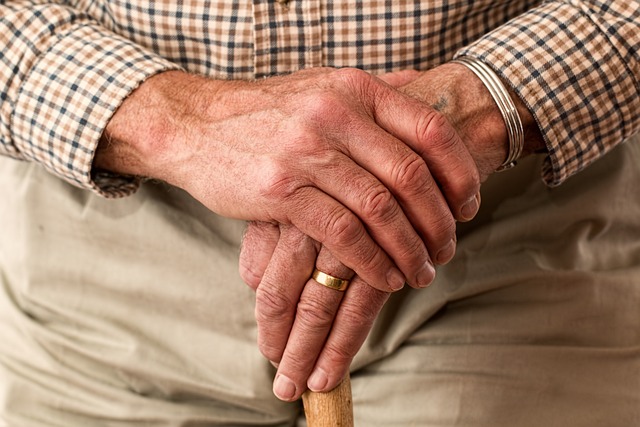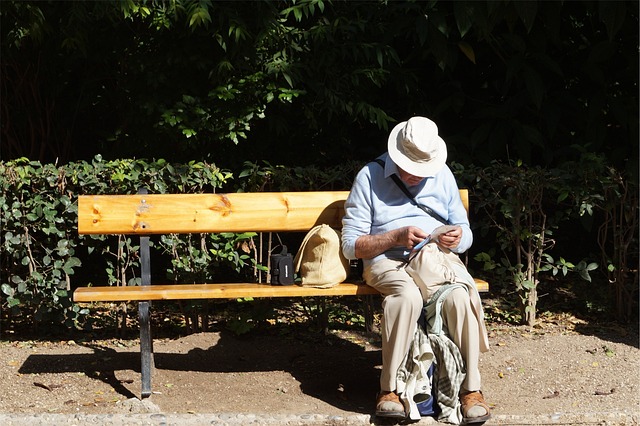Elderly Companion Services play a crucial role in enhancing the caregiving experience within families, providing tailored support that addresses the diverse needs of aging loved ones. These services offer companionship, assist with daily living activities, and monitor health conditions to alleviate family burdens that arise from juggling caregiving with other responsibilities. They ensure a secure environment for seniors through consistent engagement with professional caregivers, which also provides families with valuable respite. Beyond daily support, these services facilitate medical appointment coordination, medication management, and promote social interaction to maintain mental health and cognitive function in the elderly. Their adaptability allows them to meet evolving needs over time, making them a cornerstone of effective care strategies for older adults. Elderly Companion Services help seniors combat isolation and loneliness, support independence, and enhance the quality of life, all while providing peace of mind to family members about their loved ones' well-being. In essence, these services are indispensable for bolstering the holistic health and happiness of seniors, particularly in enabling them to age in place with dignity and care.
Navigating the complexities of family caregiving for aging loved ones can be both rewarding and demanding. As the population continues to age, the need for support systems becomes increasingly evident. This article delves into the multifaceted role of Elderly Companion Services as a vital resource for families managing the responsibilities of eldercare. We explore the myriad benefits these services offer to seniors’ well-being, the relief they bring to overworked caregivers, and the practical steps families can take to assess and integrate such support into their lives. From understanding the key features of reputable service providers to exploring various financing options, this comprehensive guide empowers families with the knowledge to choose the best companion care for their unique circumstances. We also consider legal protections, future trends, and real-life examples of how Elderly Companion Services can positively impact both seniors’ quality of life and family dynamics.
- Understanding the Role of Elderly Companion Services in Family Caregiving
- The Benefits of Elderly Companion Services for Seniors' Well-being
Understanding the Role of Elderly Companion Services in Family Caregiving

The integration of elderly companion services into family caregiving regimens plays a pivotal role in supporting the well-being of aging loved ones. These services are designed to offer companionship, assistance with daily activities, and monitoring of health conditions, thereby alleviating some of the burdens often shouldered by families. Professional companion caregivers can provide a consistent presence that fosters a sense of security for seniors, while also offering respite for family members who may be juggling work, other personal responsibilities, or caring for additional household members. By complementing the care provided by families, elderly companion services ensure that seniors receive the attention and care they need to maintain their independence and quality of life. This collaborative approach not only enhances the daily experience of the elderly but also provides families with peace of mind, knowing that their relatives are in capable hands.
Furthermore, the role of elderly companion services extends beyond immediate caregiving. They can assist in coordinating medical appointments, managing medications, and facilitating social interactions, which are crucial for mental health and cognitive function. The flexible nature of these services allows them to be tailored to the evolving needs of the elderly individual, ensuring a dynamic support system that adapts as their requirements change over time. This adaptability and the specialized training of companion caregivers make such services an invaluable addition to family caregiving strategies, contributing to a holistic approach to senior care.
The Benefits of Elderly Companion Services for Seniors' Well-being

Elderly companion services play a pivotal role in enhancing the well-being of seniors, offering companionship that addresses both social and emotional needs. These services are designed to provide consistent and reliable human interaction for older adults who may be experiencing isolation or loneliness due to the loss of loved ones, reduced mobility, or changing living arrangements. The presence of a companion can help maintain cognitive function by engaging seniors in stimulating conversation and activities, thereby slowing the progression of conditions like dementia. Furthermore, these services offer practical support with daily tasks, allowing seniors to live independently for longer periods. This not only fosters a sense of autonomy but also provides families with peace of mind, knowing their loved ones are in good company. The companionship and assistance provided by elderly companion services can significantly improve the quality of life for seniors, ensuring they receive the care and attention needed to thrive in their golden years.
Families providing care to aging loved ones often navigate a complex landscape of responsibilities and emotional demands. The integration of elderly companion services into family caregiving routines can alleviate stress, enhance the well-being of seniors, and provide much-needed respite for caregivers. By leveraging these professional support systems, families can maintain a harmonious balance between duty to their elders and the preservation of their own well-being. Elderly companion services offer tailored assistance, fostering a supportive environment for seniors while allowing families to continue fulfilling their roles with greater ease and less strain. This synergy not only supports the health and happiness of older adults but also strengthens family bonds, ensuring that caregiving remains a compassionate endeavor rather than an overwhelming task.
